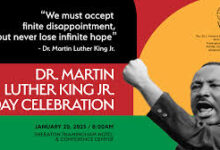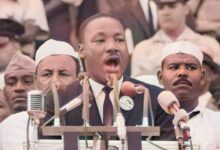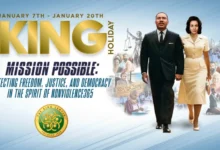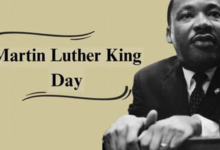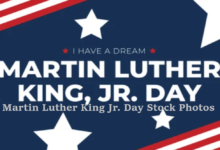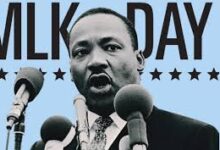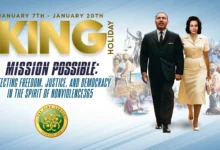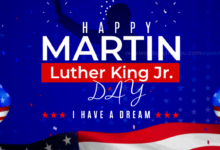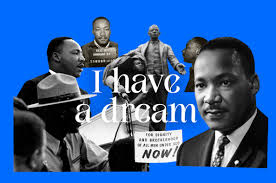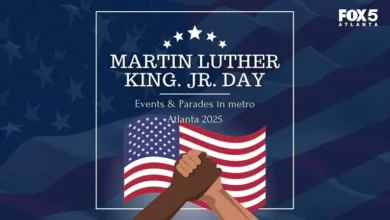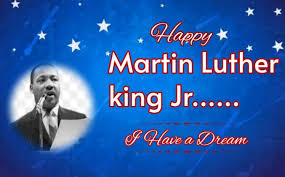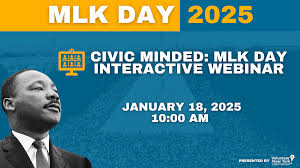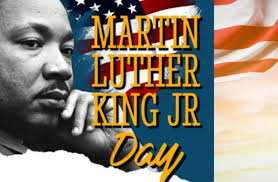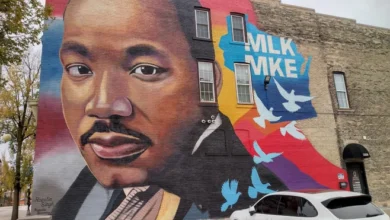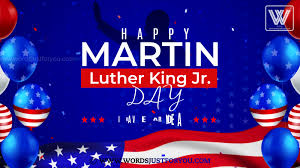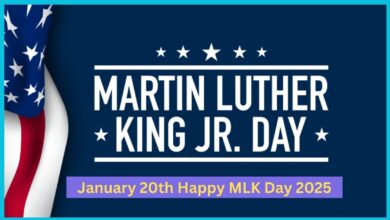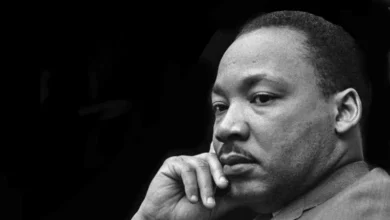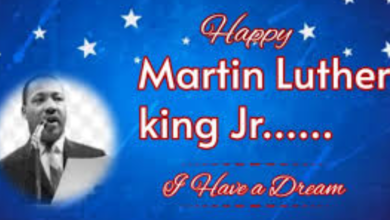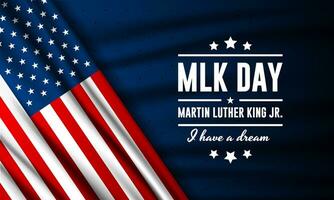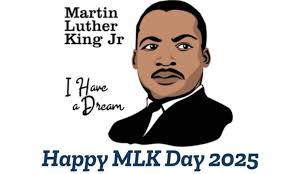
Dr. Martin Luther King Jr. Day, observed annually on the third Monday of January, is more than just a day off from work or school. It’s a powerful reminder of the life and legacy of a man who dedicated himself to advocating for racial equality, social justice, and the power of peaceful protest.
But how much do you really know about Dr. King and the day set aside to honor him? This blog will explore some popular—and some lesser-known—facts about this important holiday. By the end, you’ll not only have a greater appreciation for Dr. King’s work but also understand how you can celebrate his memory meaningfully.
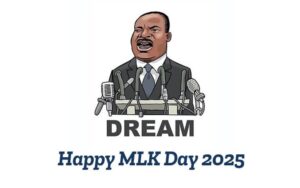
The Legacy of Dr. Martin Luther King Jr.
Dr. Martin Luther King Jr. was one of the leading figures of the American Civil Rights Movement in the 1950s and 1960s. Through his eloquent speeches, writings, and nonviolent activism, he inspired millions to seek a world free from racial discrimination. His leadership helped dismantle segregation laws and secure voting rights for Black Americans, leaving an indelible impact on American society.
King’s legacy continues to resonate across generations, reminding us all of the enduring fight for equality, justice, and unity.
Key Achievements You Need to Know
- Leader of the Montgomery Bus Boycott (1955-1956): Sparked by Rosa Parks’ arrest, the boycott became a turning point that catapulted Dr. King into the national spotlight.
- “I Have a Dream” Speech (1963): Delivered at the March on Washington, this speech remains one of the most iconic orations in American history.
- Nobel Peace Prize Winner (1964): At just 35 years old, Dr. King became the youngest recipient of the Nobel Peace Prize for his efforts to end racial inequality through nonviolent means.
- Instrumental in Civil Rights Legislation: His activism played a pivotal role in passing the Civil Rights Act of 1964 and the Voting Rights Act of 1965.
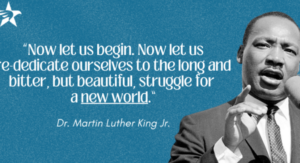
When Did MLK Day Become a Federal Holiday?
Though Dr. King was assassinated in 1968, it wasn’t until many years later that his work was honored with a federal holiday. Here’s a brief timeline of how Martin Luther King Jr. Day came to be:
- 1968: Just four days after Dr. King’s assassination, Congressman John Conyers introduced legislation to establish a holiday in his honor.
- 1983: After facing significant opposition, Congress finally approved the holiday. President Ronald Reagan signed it into law, making Martin Luther King Jr. Day a federal holiday.
- 1986: The first official Martin Luther King Jr. Day was observed.
- 2000: All 50 states officially recognized Martin Luther King Jr. Day, marking a significant milestone.
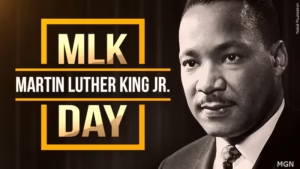
Lesser-Known Facts About Dr. Martin Luther King Jr.
Think you know everything about Dr. King? Here are some fascinating facts that might surprise you.
1. His Birth Name Wasn’t Martin
Dr. King was born Michael King Jr. However, after his father visited Germany in 1934, he was inspired by the Protestant reformer Martin Luther and changed both his and his son’s names to Martin.
2. He Entered College at Age 15
A gifted student, Dr. King skipped grades in high school and enrolled at Morehouse College in Atlanta when he was just 15.
3. He Survived an Assassination Attempt Before 1968
Ten years before his tragic death in 1968, Dr. King was stabbed by a woman while signing books. The knife came dangerously close to his heart, but he survived after hours of surgery.
4. A National Day of Service
MLK Day is the only federal holiday designated as a National Day of Service, encouraging Americans to volunteer and give back to their communities.
5. His “I Have a Dream” Speech Wasn’t Planned
Much of the iconic speech was improvised. When gospel singer Mahalia Jackson shouted, “Tell them about the dream, Martin!” he veered off his script and into history.
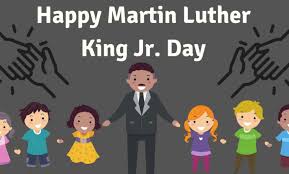
How to Celebrate Dr. Martin Luther King Jr. Day
Honor Dr. King’s legacy not just with reflection, but also through action. Here are a few meaningful ways to celebrate MLK Day in 2025:
1. Volunteer Your Time
MLK Day is often celebrated as a “day on” rather than a “day off.” Join local service projects or activities aimed at improving your community. These might include food drives, tutoring sessions, or environmental cleanups.
2. Attend Events and Workshops
Many organizations host events, including parades, lectures, and workshops, to celebrate King’s life and teachings. Take part in one to deepen your understanding of his contributions to society.
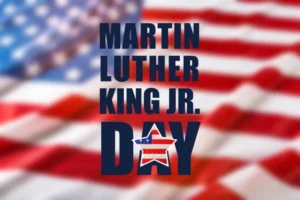
3. Read His Writings
Dive into Dr. King’s renowned works, such as “Letter from a Birmingham Jail” or “Why We Can’t Wait.” His words are just as powerful and relevant today as they were decades ago.
4. Watch Documentaries or Films
Check out movies or documentaries about Dr. King and the Civil Rights Movement. Classics like Selma or King in the Wilderness offer rich portrayals of both the movement and the man.
5. Reflect on Personal and Social Change
Take time to reflect on how you can contribute to creating a more just and equitable society. Whether through discussions, advocacy, or personal growth, every effort counts.
